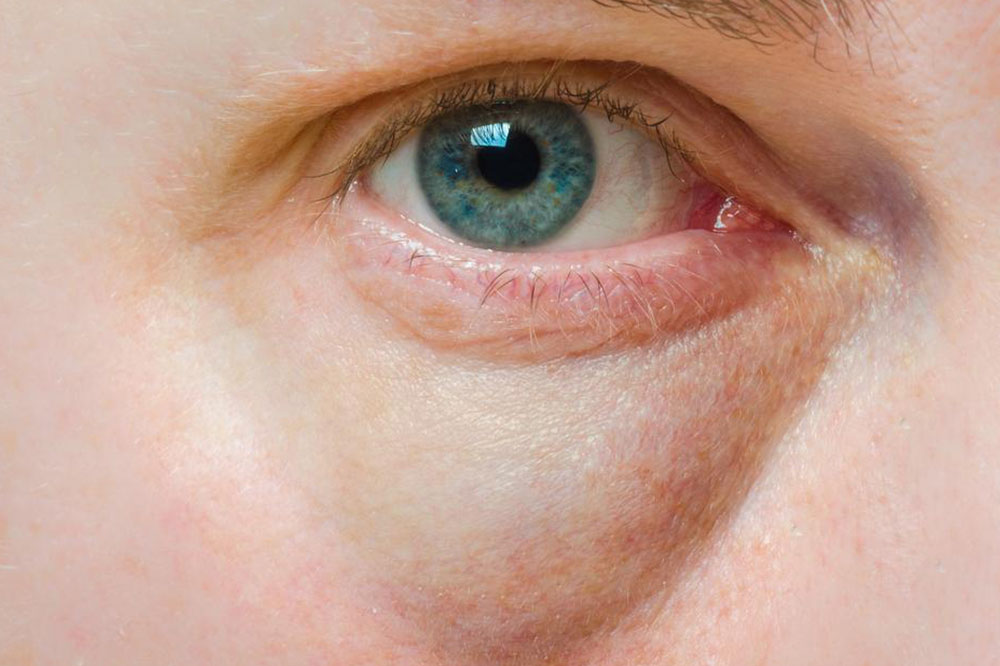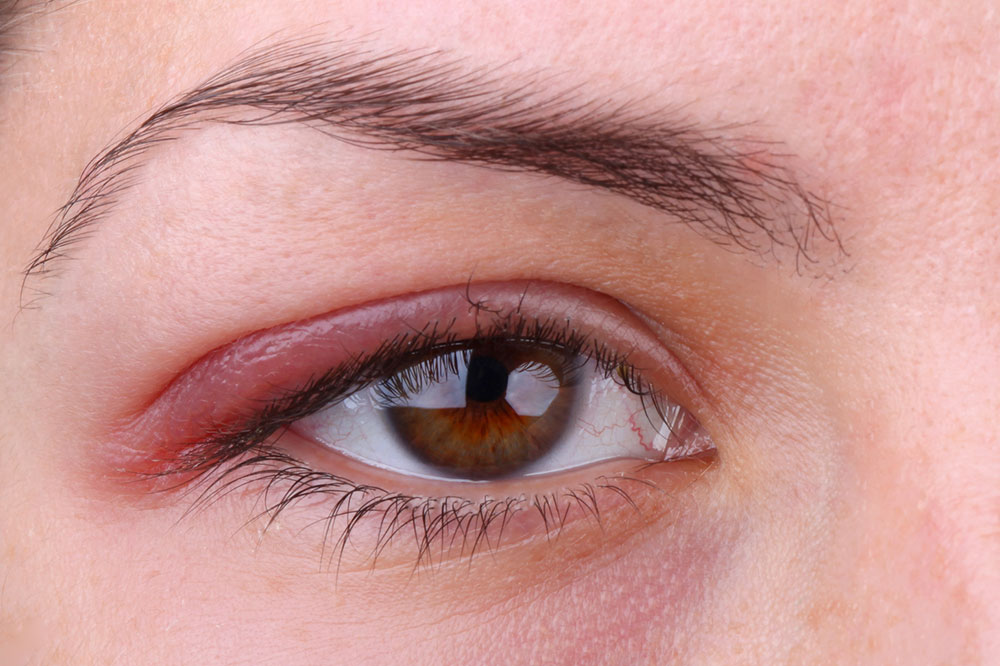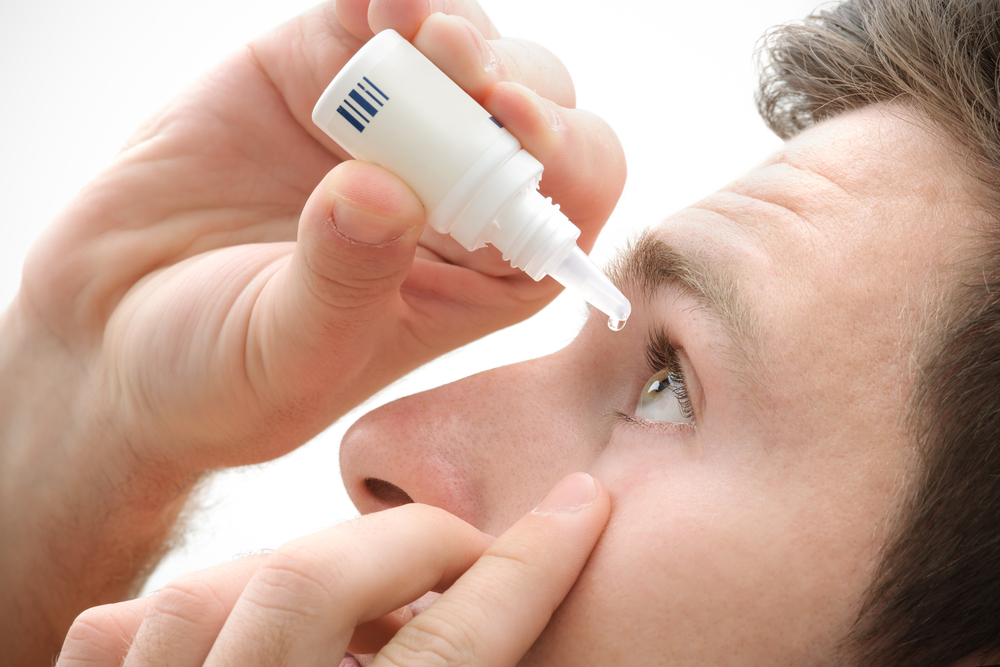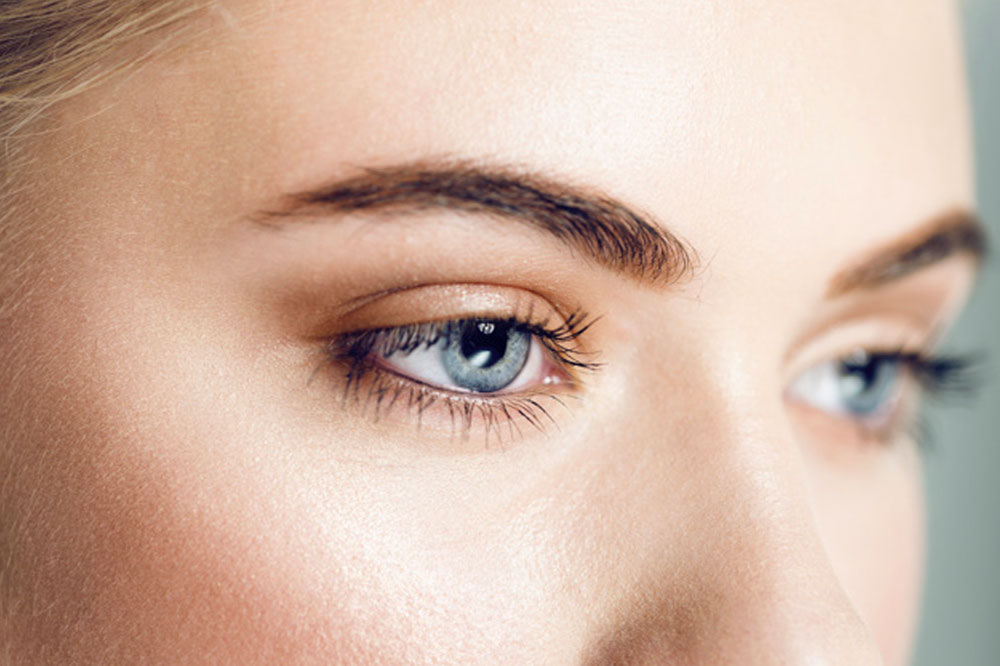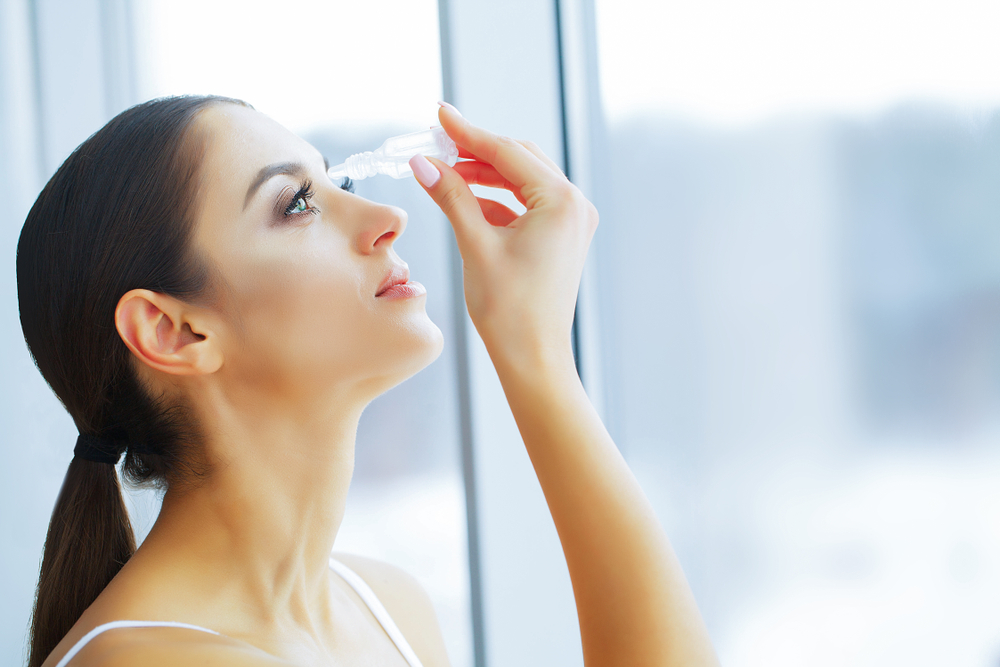Essential Dietary Tips to Promote Long-Term Eye Health and Vision Preservation
This comprehensive guide explores the foods and habits that can affect eye health. It highlights foods to limit or avoid, such as trans fats, red meats, certain fish, excess caffeine, and sugary drinks. The article emphasizes the importance of UV protection through quality sunglasses and introduces various medical treatments available for maintaining healthy vision. By adopting these dietary and protective strategies, individuals can prevent eye diseases, improve their overall eye health, and preserve their vision over time. Proper eye care is essential for maintaining quality of life as we age.

Essential Dietary Tips to Promote Long-Term Eye Health and Vision Preservation
The health and clarity of our eyes are profoundly affected by our nutritional habits. Our eyes depend heavily on a healthy blood supply, which means consuming a diet rich in vital nutrients is crucial for maintaining optimal eye function. Poor dietary choices can lead to blockages of essential nutrients and oxygen, potentially resulting in impaired vision or eye-related diseases. In this comprehensive guide, we explore dietary habits and specific foods that should be limited or avoided to support and preserve eye health over time.
Processed and Hydrogenated Fats (Including Margarine)
Many individuals use margarine as a butter substitute, believing it to be a healthier alternative. However, despite its vegetable oil base, margarine often contains trans fats—artificial fats created through hydrogenation processes. Trans fats are notorious for elevating bad LDL cholesterol levels and decreasing good HDL cholesterol, which can collectively increase the risks of cardiovascular diseases. Since cardiovascular health is directly connected to eye health, especially the small blood vessels supplying the eyes, consuming trans fats can contribute to conditions like age-related macular degeneration (AMD) or diabetic retinopathy. Limiting intake of margarine and processed foods containing trans fats is vital for maintaining healthy eye vessels and overall vision health.
Red and Processed Meats
Red meats such as beef, pork, and lamb are often preserved using nitrates or salt to enhance shelf life and flavor. These preservatives and additives can contribute to high blood pressure, a major risk factor for various eye diseases, including hypertensive retinopathy and choroidopathy. Excessive consumption of red meats also brings high cholesterol levels, which can lead to blockages in the retinal vessels, impairing blood flow and causing vision problems. Moderation and opting for leaner, unprocessed meats or plant-based proteins are recommended for optimal eye health and to reduce the risk of vascular-related eye conditions.
Certain Types of Fish and Seafood
Fish such as salmon, sardines, and mackerel are well-known for their omega-3 fatty acids, which are beneficial for preventing dry eyes and supporting overall eye function. However, some fish species may contain trace amounts of mercury—a heavy metal that accumulates in the body over time and can be toxic at high levels. Very high mercury exposure has been linked to nerve damage, including potential harm to ocular tissues. Therefore, consuming fish from reputable sources, limiting intake of high-mercury species, and diversifying seafood choices can help leverage health benefits while minimizing risks.
Excessive Caffeine Consumption (Including Coffee)
While moderate coffee intake can have health benefits, excessive caffeine consumption can adversely affect eye health. Caffeine has been shown to temporarily elevate intraocular pressure (IOP), the pressure within the eye. For individuals with ocular hypertension or glaucoma, increased IOP can accelerate optic nerve damage, leading to irreversible vision loss. Limiting caffeine intake and consulting with eye care professionals if you have pre-existing eye conditions is essential for maintaining healthy IOP levels.
Sugary and Sugary-Loaded Beverages
Energy drinks, sodas, fruit-flavored lemonades, and other sugary beverages often contain high levels of added sugars—between seven to ten teaspoons per serving. Excess sugar intake is strongly associated with an increased risk of developing type-2 diabetes, obesity, and cardiovascular disease. These systemic health issues are closely linked to several eye diseases, including diabetic retinopathy, macular degeneration, and cataracts. Reducing intake of sugary drinks and opting for water, herbal teas, and other low-sugar alternatives is a critical step toward protecting your eyes from systemic diseases that can impair vision.
Protect Your Eyes from Harmful UV Rays with Quality Sunglasses
Beyond diet, protecting your eyes from ultraviolet (UV) radiation is essential for preventing long-term tissue damage, especially to the sensitive structures like the macula and retina. Prolonged exposure to UV rays can accelerate aging of eye tissues, increase the risk of cataracts, and contribute to macular degeneration. Wearing sunglasses from reputable brands such as Ray-Ban, Oakley, Persol, or American Optical ensures your eyes are shielded from harmful UVA and UVB rays. Look for sunglasses that block 100% of UV rays for maximum protection, and consider wrapping designs for better coverage. Remember, UV protection is a simple yet effective way to preserve your visual acuity as you age.
Additional Eye Care Solutions and Medical Interventions
In addition to dietary and protective measures, various treatments and medications are available to support and enhance eye health, especially for age-related and chronic conditions. For instance, VUITY eye drops are gaining popularity for reducing age-related presbyopia and improving near vision. LUMIFY drops are effective in diminishing eye redness and overall eye fatigue, providing quick relief. For those suffering from dry eye syndrome, CEQUA™ can stimulate tear production, helping restore moisture and comfort. Additionally, newer treatments like Verkazia® involve the delivery of cyclosporine to reduce inflammation in allergic conjunctivitis, especially in younger patients. Consulting with an eye specialist to develop a personalized treatment plan can significantly improve quality of life and preserve vision long-term.
